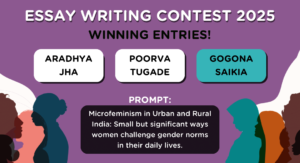We were two and sought to be one.
We had a name, and awaited barbarians to write to our addresses
of brilliant water. We awaited our names
crushed to red varnish, as in the poems, and longed for the deserts, stranger,
where the strangers find themselves in lost strangers. What remained of the shadows
of our garden in the last massacre? Show us what you will, when we warm the torn
ivy of your blood, and hide from us what you will. We promised to walk,
singing, from where the dusk falls on two mazaars at once, and
ask for our addresses. We walk, looking for them, south of our songs
left in the mouths of the long dead. Find our tomorrow which comes a full circle
from our yesterday – we live there, we die there, where else to go but there?
When your heart desires so, call out to us. We are there
where we always were, where else but there.
We were two, and yearned to be one, stranger. Walk to the river, east
of the book of promised massacres, and swim in the mirrors of our longing.
You may find our red sky of water, and the gods ground to dust standing guard
on the graves of our glass maps. What was there in our house that your
grief would have driven out? That desire to tear our shadows apart stays
as unkempt grief weeps on the walls of our ruin.
Quick, the soldier says, you have three brief stays
in the prisons of yesterday’s sky:
spring, summer, autumn before the winter
comes for the roses and robs them of their moods. When
the snow appears on our daffodils, like weary silver,
we feed the pigeons in the mazaar our last songs,
and remember the freedom of the stone.
We walk to your statues, and trust the scent of our blood.
About The Poet

Written by Huzaifa Pandit
Huzaifa Pandit is the author of ‘‘Green is the Colour of Memory’ which won the first edition of Rhythm Divine Poets Chapbook Contest 2017. Born and raised in Kashmir, his poems alternate between despair, defiance, resistance and compliance as they seek to make sense of a world where his identity is outlawed. His inspirations in poetry can be guessed from the topic of his PhD: “Faiz Ahmed Faiz, Agha Shahid Ali and Mahmoud Darwish – Poetics of Resistance” pursued at the University of Kashmir.











